
Veteran Disney CEO Bob Iger returned to the company a year ago, reports the Los Angeles Times, but things haven’t gone exactly as planned.
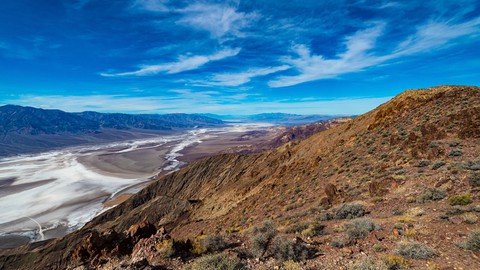
Record rains help a lake reappear in the hottest place on Earth, and The New York Times documents the spectacle.

The number of Californians facing eviction was relatively low for years during a lengthy statewide moratorium. In the year after it ended, cases soared and still remain high in large counties.
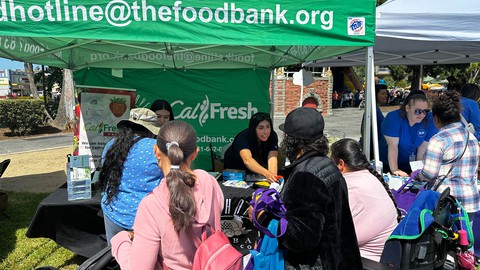
From now until the end of the year, ’tis the season of giving. Here are some suggestions for where to make a deposit.
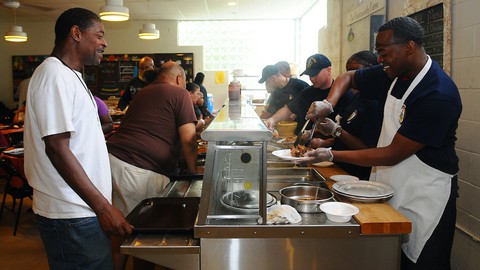
Hunger and food insecurity have become persistent problems in California. With the world’s fifth-largest economy, what steps can we take to make sure that everyone has enough to eat?

The utilities commission reduced payments to apartments, schools and businesses selling solar power to the grid despite a barrage of criticism. Commissioners say it reverses unfair subsidies.
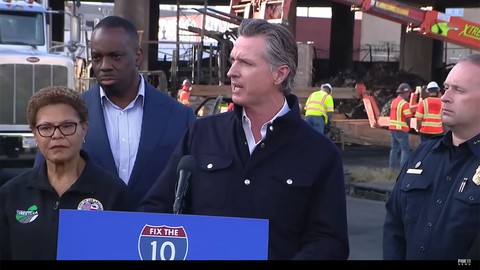
A fire under Interstate 10 in Los Angeles devastated some businesses run by immigrants. Caltrans had been trying to evict their landlord.“
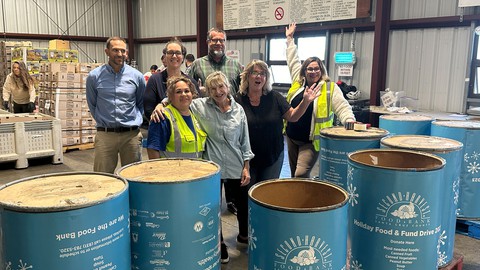
Second Harvest Food Bank Santa Cruz County CEO Erica Padilla-Chavez looks at food insecurity as a symptom of an underlying disorder—one that can be cured.
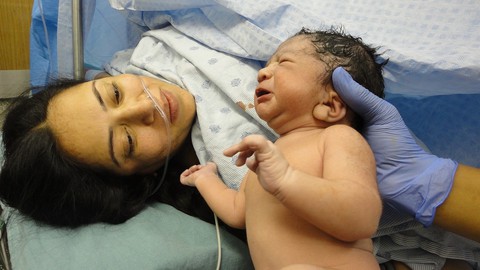
Hospitals all over California are closing their maternity wards, including in dense cities like Los Angeles and in more remote communities in the Sierra Nevada.
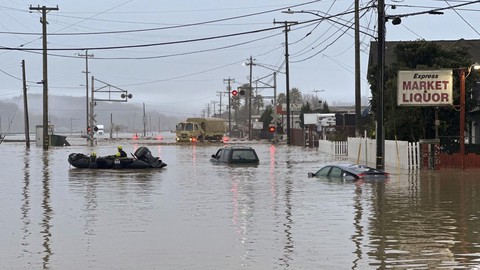
California ranks among the top states suffering economic damage from climate-related disasters. The report describes food shortages, floods, droughts, wildfires, pollution, disease—all linked to climate change.

A hotel in Hollywood is receiving more than twice it would get per room by renting to the city of Los Angeles rather than to long-term tenants.
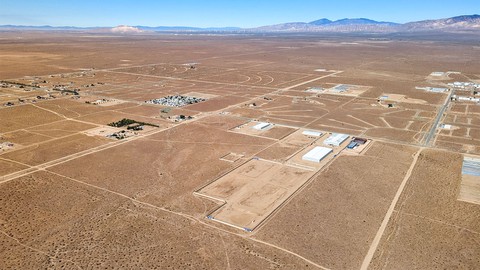
By land, California City is the third-largest city in the state. But the building of this city is largely a cautionary tale for other would-be planned cities.

A new law requires K-12 schools to add media literacy to curriculum for English language arts, science, math and history-social studies. Among the lessons will be recognizing fake news.

Veterans Day weekend reminds us to appreciate our fundamental democratic values, to thank those who fought to defend them, and to work together to preserve democracy here in California.
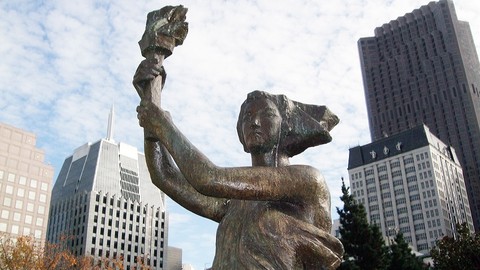
Democracy is a 2,500-year-old system of government still looked on today as the best system, because under a democratic system, the people govern themselves. But is that all there is to it? What is democracy? And how does it work …
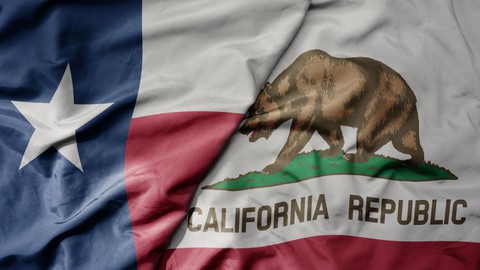
In 2022, over 300,000 more people left California than moved to the Golden State. And when people go, they most often head for Texas. Here’s what they get.

A year from now we’ll be choosing the next U.S. president. But there are many important decisions to be made before then. Now’s the time to start getting ready for the March 5 primary.
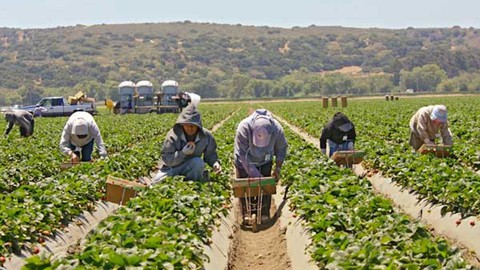
The United Farm Workers, which represents nearly 7,000 workers, won a unionization vote in Stanislaus County. It’s the first such win in six years and first under a law that went into effect in May.
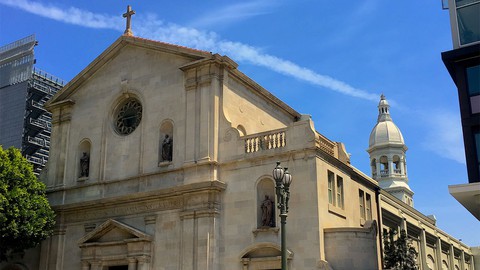
Linda Dishman, who’s leaving as president of the Los Angeles Conservancy, talked to the New York Times about her work and the need for preservation in her city.
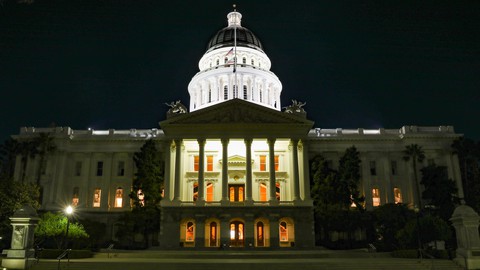
By the end of September 2023, more than $358 million had been spent this year on lobbying California’s Legislature, agencies, and Public Utilities Commission.